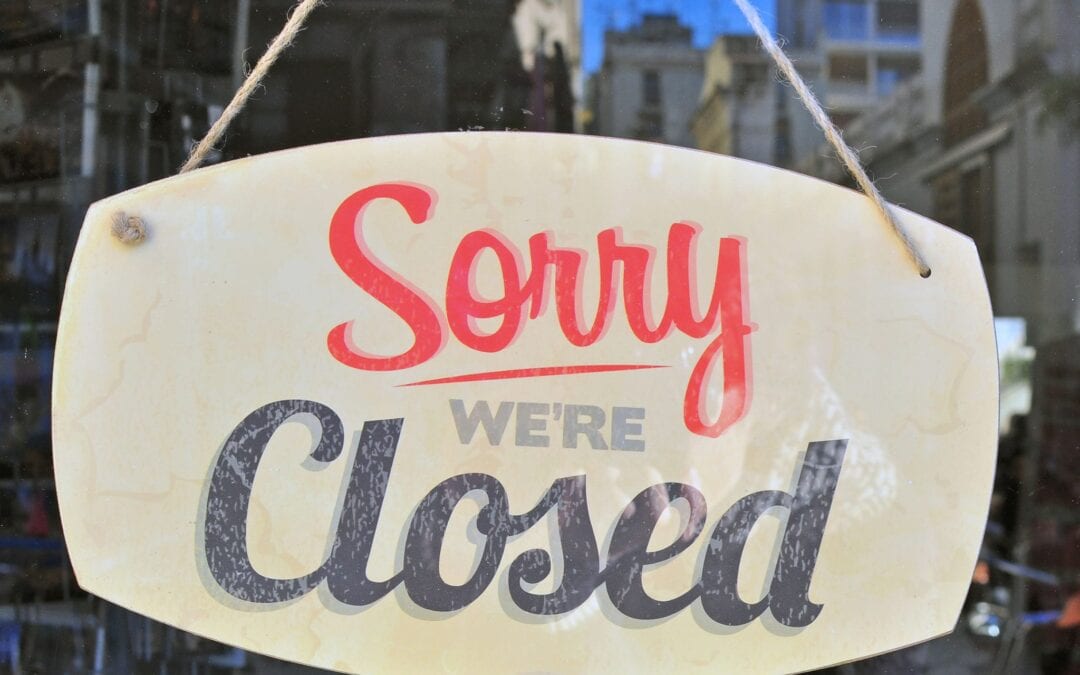Pearl Harbor changed everything. The U.S. had managed to stay out of World War II for two years. It started in September 1939. But then, Japanese planes invaded Honolulu on December 7, 1941—a day that will live in infamy. Suddenly, the business of business became the business of war.
During World War II, 17 million new civilian jobs were created, industrial productivity increased by 96 percent, and corporate profits after taxes doubled. Much of the industrial world retooled to support the troops. Lingerie factories began making camouflage netting; baby carriages were retrofitted into field hospital food carts. Lipstick cases became bomb cases, beer cans went to hand grenades, adding machines to automatic pistols, and vacuum cleaners to gas mask parts.
COVID 19 changed everything. The U.S. had managed to stay clear of the virus that seemed to originate from a Chinese wet market in Wuhan, China, with a population of 11 million (almost the size of New York City and Los Angeles combined). But then, on January 19, 2020, the first case invaded our shores.
The business of business has not quite become the business of health. Still, we see liquor companies and perfume manufactures making hand sanitizers, car companies making ventilators, and apparel manufactures making masks. But, the most compelling examples are companies that can offer little than being a cheerleader. A shining example is Uber. Their newest ad trumpets a powerful message, “Thank you for not riding Uber.”
All the cigar-smoking, ego-centric ad men of yesteryear would have thought it heresy that someone would employ a humble, compassionate message that stood tall and proclaimed: “We support our customers best by encouraging them to not use our services until better days ahead.” I have been loyal to Uber from its early beginning. When this war is over, I think I will take Uber to the grocery store and leave my car in the garage.
